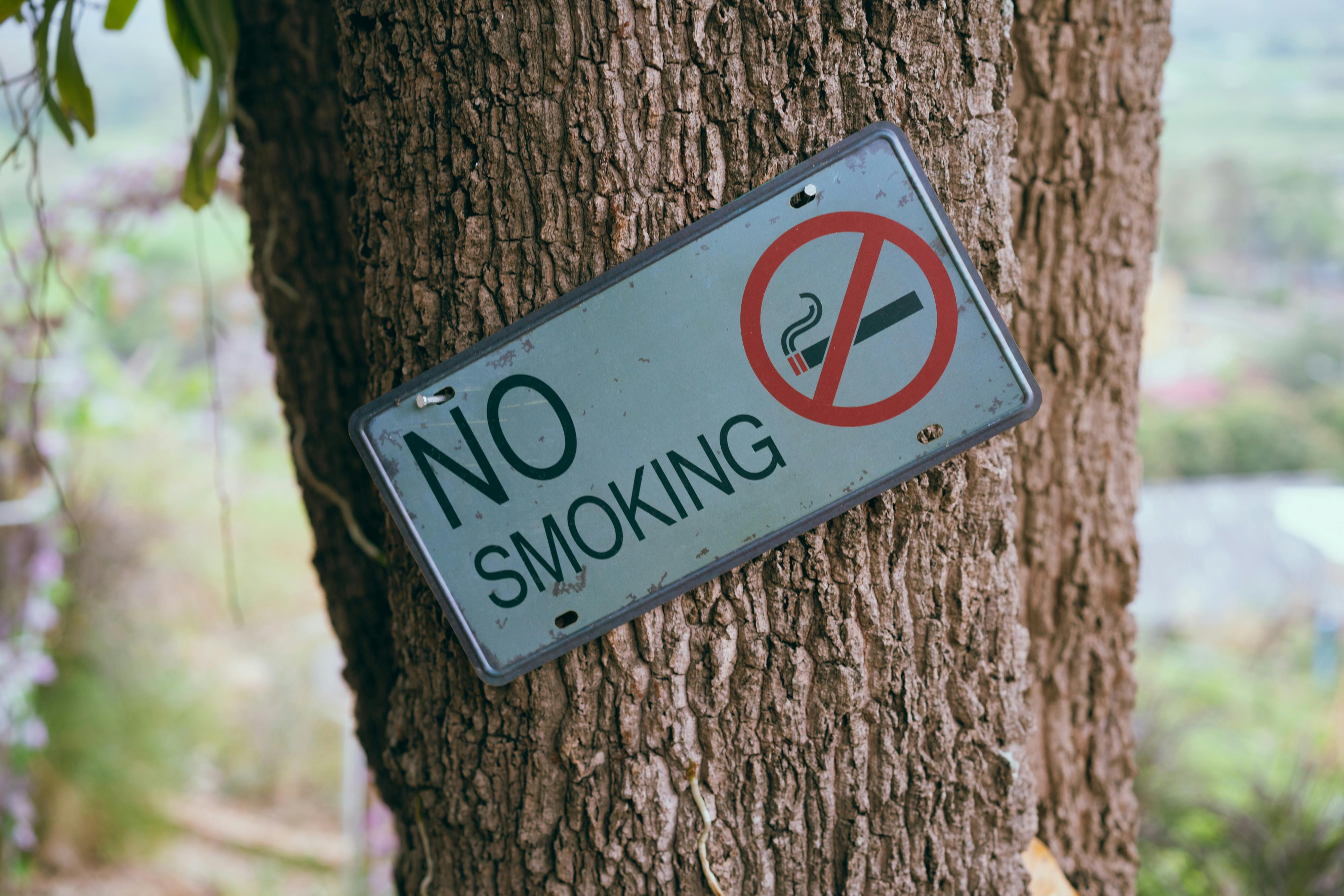
In 2022, sobering statistics from the HSE painted a grim picture. Despite a marked decline in smoking rates among Irish populations, smoking continues to claim over 4,500 lives annually in Ireland. Over 80 deaths and almost 900 hospitalizations are due to smoking-related complications every week. Furthermore, people who smoke are nearly two times more likely than non-smokers to report poor health and long-standing illnesses.
These statistics remind us of the urgency of efforts to support smoking cessation. In this article, we’ll delve into the current state of smoking in Ireland and explore the strategies employed to tackle this pressing issue.
An evolving smoking landscape
In just six years, from 2015 to 2021, the proportion of people who smoke in Ireland plummeted from 23% to 18%. However, there are still underlying concerns. The gap between the highest and lowest socio-economic groups is a three-fold difference, with 11% of people in the highest socio-economic group smoking, compared to 31% of those in the lowest socio-economic group.
These nuanced statistics hint at the complexities that persist in the fight against smoking. While overall rates are declining, disparities within populations highlight the need for more targeted efforts in specific communities. The HSE’s new Tobacco Free Ireland Program Plan 2022-2025, which includes the introduction of nearly 50 new roles in “stop smoking” services, is meant to join the range of adaptive and inclusive approaches in Ireland’s battle against smoking.
Efforts to curb smoking
One of the most significant efforts to curb smoking in recent years was the Republic of Ireland’s ban on menthol cigarettes, implemented in 2020. This move aimed to ensure that cigarette and tobacco products no longer contained ingredients that made smoking more palatable, especially to first-time smokers or those looking to quit.
But bans on certain types of cigarettes are just one part of the strategy. The proliferation of alternative options accessible to both populations in Ireland and the US has played a vital role in helping the Irish population transition away from traditional cigarettes. Nicotine replacement therapy (NRT) comes in various forms. The original Nicorette gum was released in 1984 and is the most widely known. Today, there is a much wider range of choices, with the nicotine pouch fast becoming a popular option due to its accessibility. The nicotine pouches from On!, which were released in 2015, show how these modern forms of NRT can be found online and in gas stations and convenience stores. Consumers who buy online have the advantage of being able to order in bulk. This makes them an accessible option for those seeking an alternative source of nicotine.
More than being accessible, NRTs have revealed themselves to be an effective quit-smoking aid. Pouches are only placed under the upper lip for usage, causing minimal to no excessive drip and zero smoke. This attribute has made them increasingly popular among those who wish to quit smoking while maintaining their daily routines. More importantly, this attribute distinguishes its functionality from vaping. Initially sold in 160 Circle-K forecourts and 50 Hale Vaping stores, e-cigarettes from Juul Ireland provided another source of nicotine in the Irish market. This gained momentum as an alternative to traditional smoking until experts pointed out concerns over its marketing practices and health impacts on the smoker and the public. Thus, Juul Labs withdrew from the Irish market in 2020, less than two years after its entry.
Following Juul’s withdrawal from the Irish market, smoke-free policies have evolved to protect non-smokers from the dangers of secondhand smoke and encourage smokers to quit. Ireland was already the first country in the world to implement public legislation creating smoke-free enclosed workplaces in 2004. Today, even private Gaelic Athletic Association (GAA) clubs are encouraged to adopt and enforce smoke-free policies. These steps have been instrumental in promoting healthier environments and discouraging smoking, whether in public or private places.
With the right strategies and public support, there’s hope that we can further reduce the devastating toll of smoking. Stay updated on Ireland’s battle against smoking on The Irish Examiner news site.
